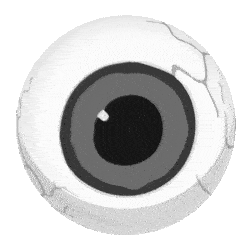E-waste feasibility studies
- Understanding challenges and prototyping regenerative solutions

Overview
Imagine a place where mountains of old computers and phones reach the sky, and entire communities live and work in their shadow – this is where my latest field study took me.
With a backpack full of notebooks and a voice recorder in hand, I immersed myself in a world that most of us don’t even think about when throwing away an old smartphone.
I talked to people who dig through waste every day, searching for valuable materials. I listened to their stories, observed their work, and tried to understand how this hidden world of electronic waste functions.
My goal was not only to collect data but also to build relationships with these communities. I wanted to understand their daily struggles, fears, and hopes.
Each conversation, each observation was like putting together a puzzle – slowly, I began to see the full picture of the problem.
I uncovered complex supply chains, learned about the challenges faced by workers, and began to understand how deeply this problem is rooted in local communities, but also in our culture.
The next step is to return with ideas and prototypes that can change their reality for the better.
This study is not just a project – it’s the beginning of a journey towards change. And I can’t wait to see what the next step brings.
Main objectives
❋ Analysis of the dynamics of the e-waste problem
❋ Identification of supply chains
❋ Recognition of key challenges for workers in the e-waste processing sector
Methodology: Field research using qualitative methods, including interviews and participant observation.
Significance of the project
This study provided a foundation for future actions, enabling:
❋ Building a solid knowledge base about the problem
❋ Establishing relationships with local communities